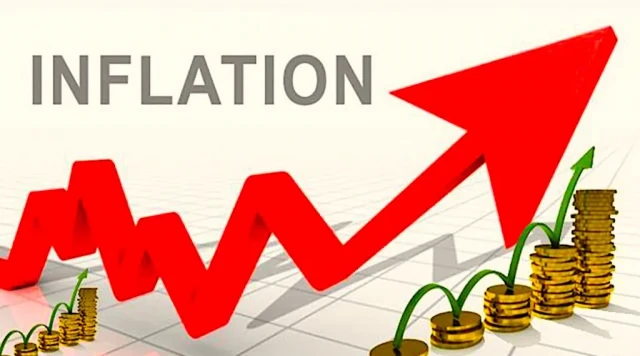After a short pause, the headline inflation in Nigeria appears to have increased again, climbing by 1.05 percent to 24.23 percent in March.
The National Bureau of Statistics (NBS) indicated that this increase in headline inflation was primarily influenced by food and non-alcoholic beverages, which accounted for 9.28 percent.
The NBS report reveals that food inflation continued to trend downward during this period, decreasing from 23.51 percent in February to 21.79 percent in March.
Nigerians have been contending with a severe cost of living crisis recently, largely due to ongoing inflation.
This scenario has compelled numerous households to reduce their expenditures and prioritize spending on food for survival, with a report from SEID estimating that approximately 50 percent of the population dedicates almost all of their income to food.
Last year, the Central Bank of Nigeria (CBN) reported that households allocated 55 percent of their income to food, leaving minimal funds for education, health care, and savings or investments.
Over the last ten years, Nigeria has experienced a significant increase in price levels, with the annual average inflation rate escalating from a single-digit rate of eight percent in 2014 to nearly 35 percent prior to the recent Consumer Price Index (CPI) rebasing.
Government attempts to reduce inflation through various policy measures have been ineffective. In October, the NBS announced its plan to rebase the CPI, citing changing consumption patterns as justification. This was highlighted in the changes to the proportion of household spending on consumed items in the 2023 Nigeria Living Standards Survey (NLSS).
In the aftermath of the rebasing, the inflation rate fell to 24.48 percent in January. Professor Godwin Oyedokun, an expert in accounting and financial development, expressed concern about the inflation rate rising again, stating that he doubted the sustainability of the downward trend witnessed in January and February.
He emphasized that maintaining reduced inflation hinges on resolving fundamental issues such as currency stability, security, transportation costs, and interest rates.
He pointed out that although government spending adjustments and subsidies may have benefitted some sectors, thus aiding price stabilization, high insecurity levels in agricultural areas are likely to continue disrupting supply chains, resulting in food shortages and heightened prices.
“While fuel prices might be declining, transportation expenses remain elevated. This can keep prices high for goods and services, influencing overall inflation,” he explained.
He also noted: “With interest rates at the central bank set at 27.5 percent, borrowing costs are substantial, which could hinder investment and consumer spending, potentially stalling economic growth.”
Eze Onyekpere, Lead Director of the Centre for Social Justice (CSJ), acknowledged that some items may have seen a reduction but contended that the easing is substantial and widespread as the data indicates.




















